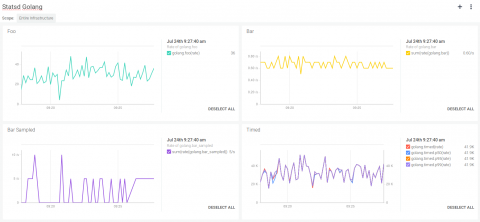New Release: Squared Up 4.1 is here!
Squared Up 4.1 just landed. And what better way to start this announcement than the promise of more feature releases?! It’s been seven months since Squared Up 4.0, but the hard work put in by the development team since then has set us up for a bright, feature-rich future. All those juicy performance improvements and platform changes mean, moving forward, you can expect a new feature release from us every two to three months.











